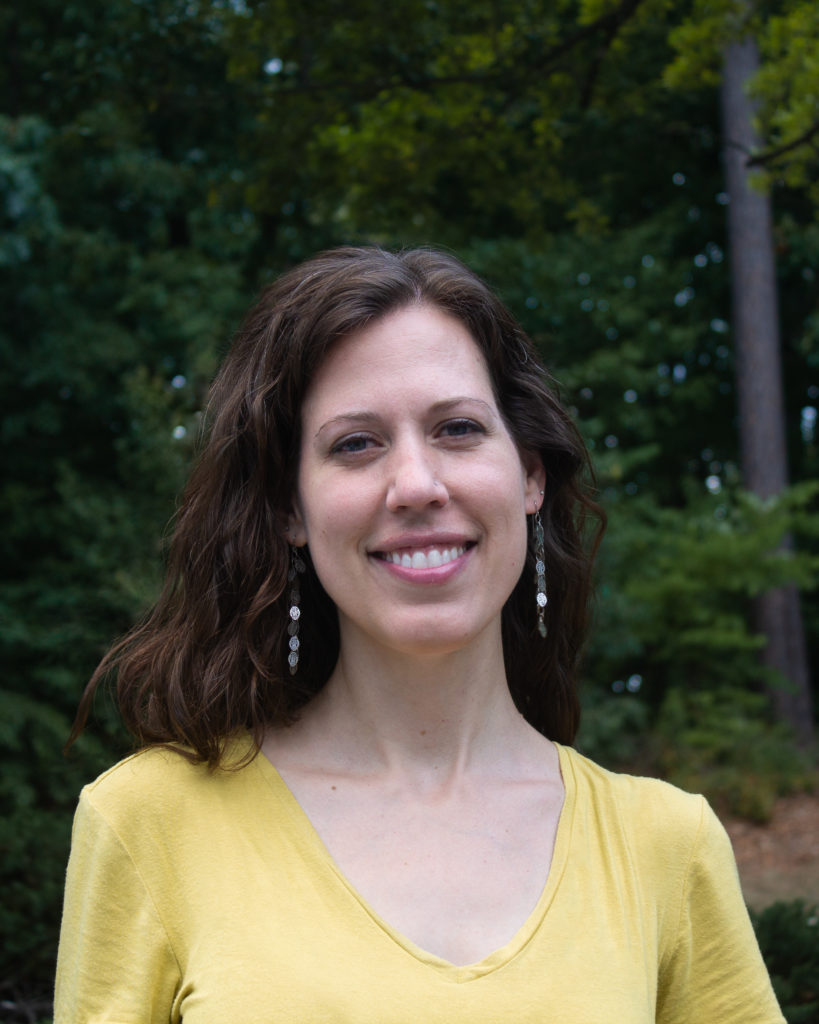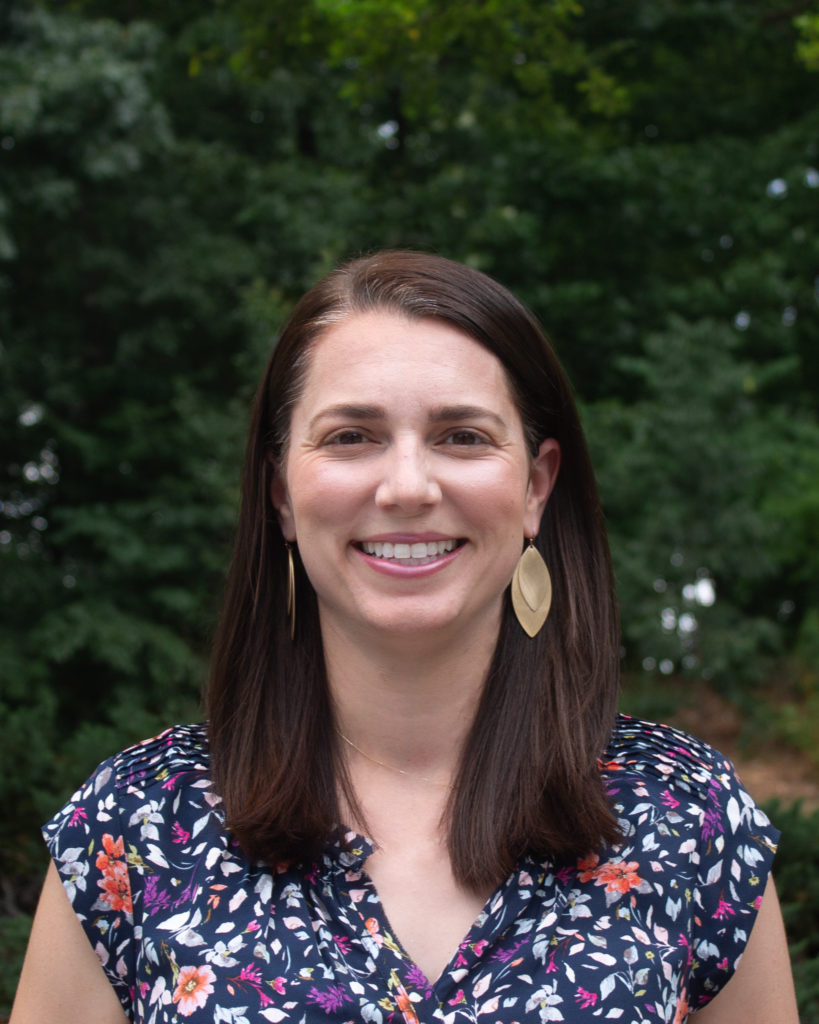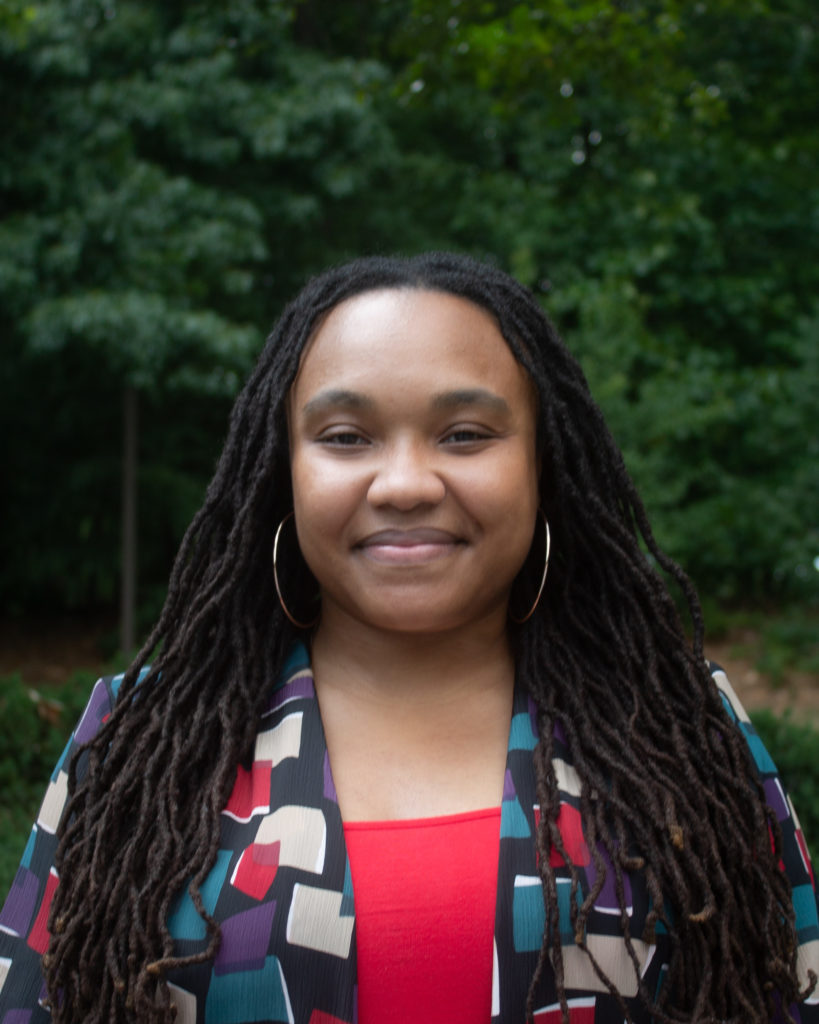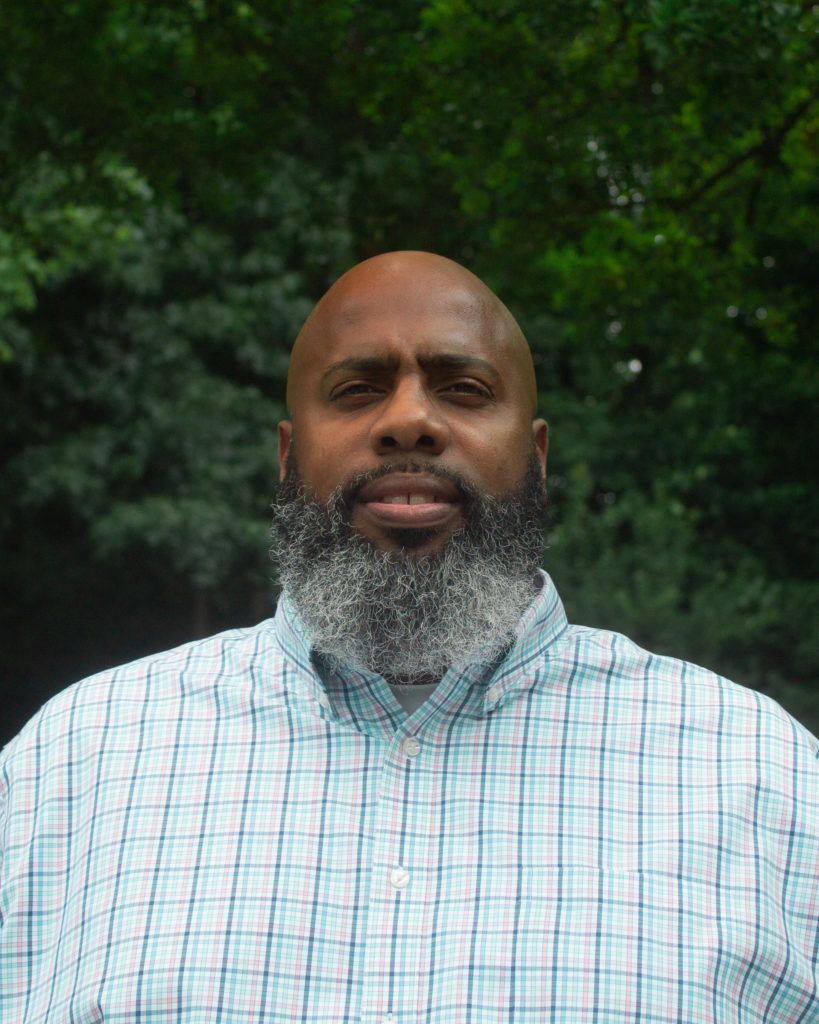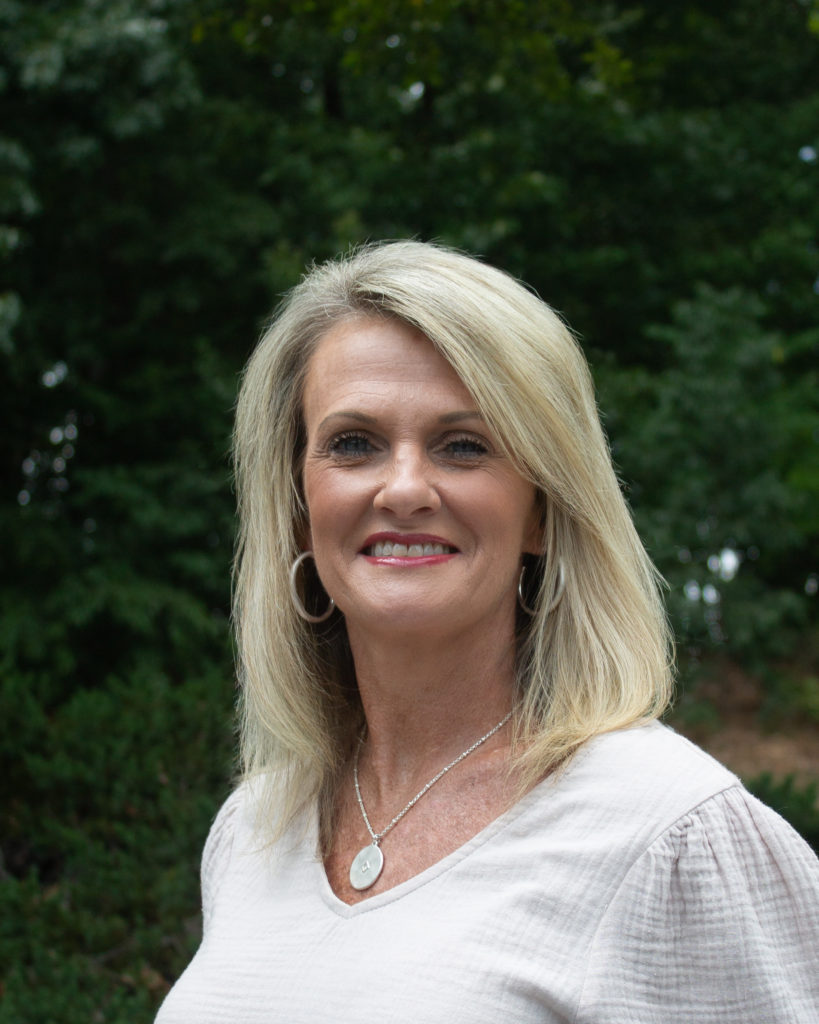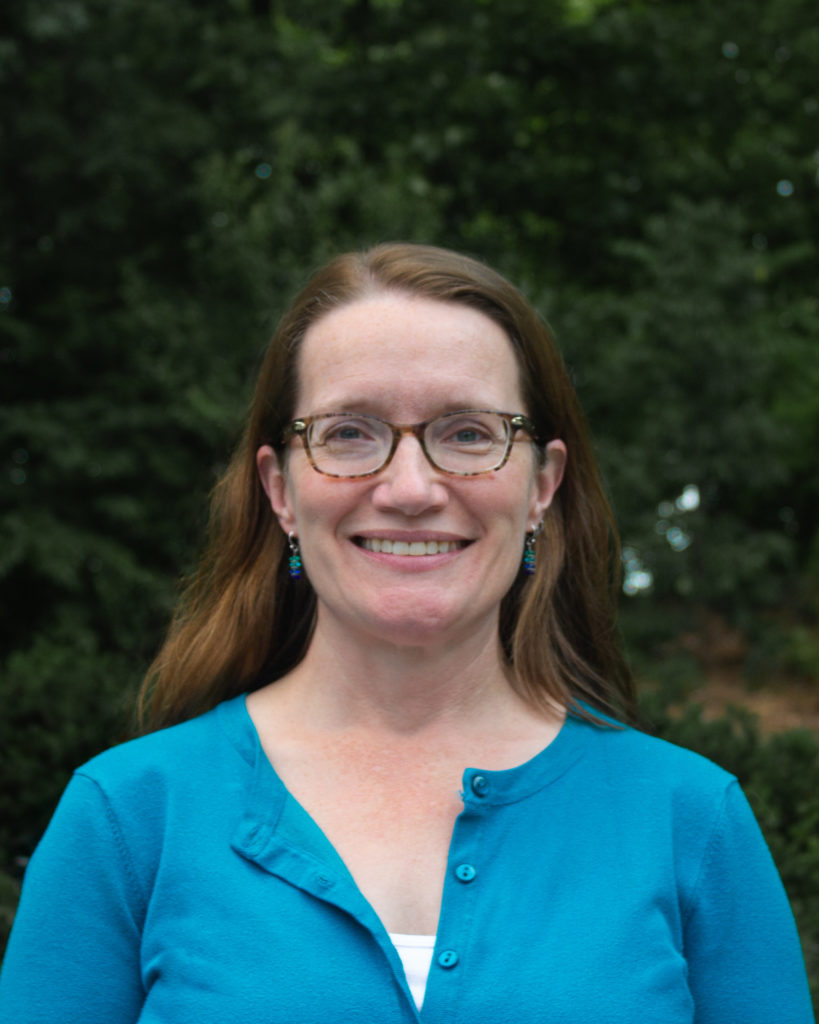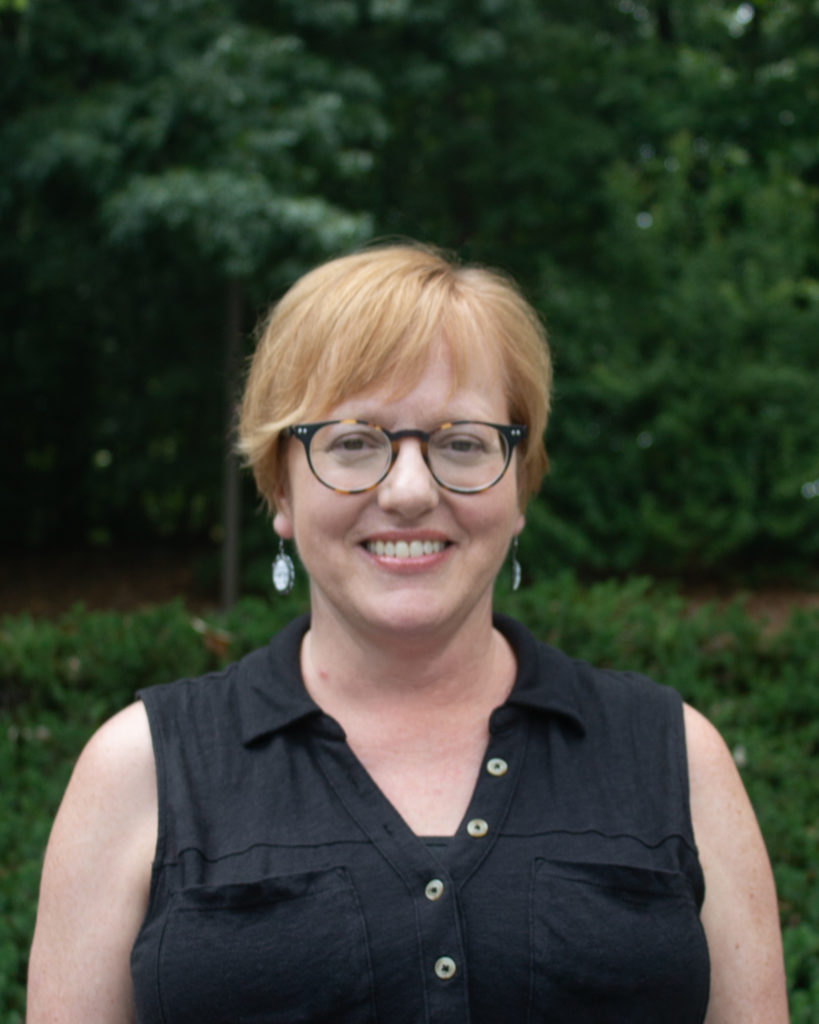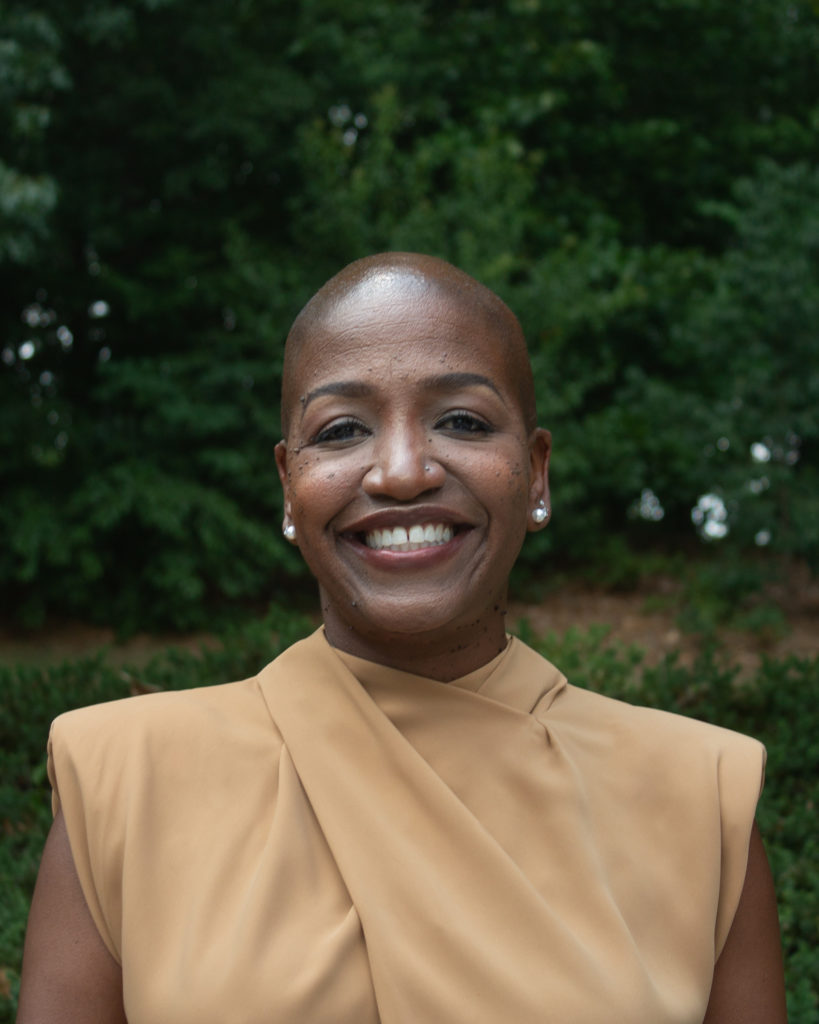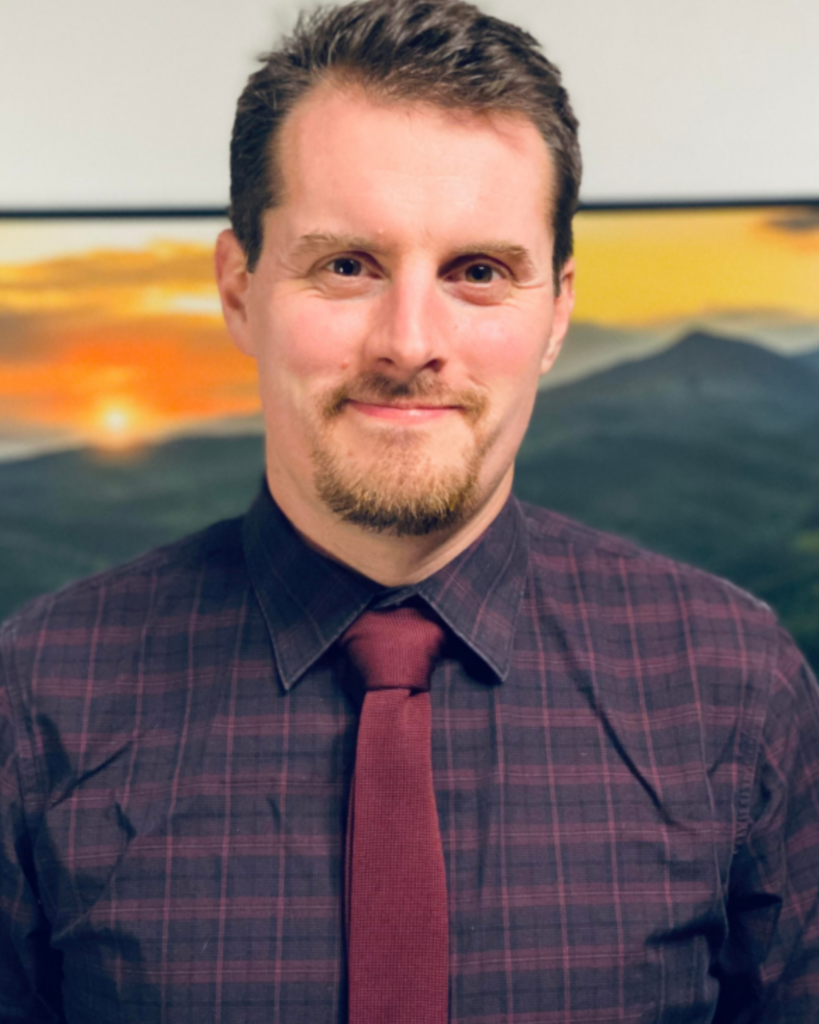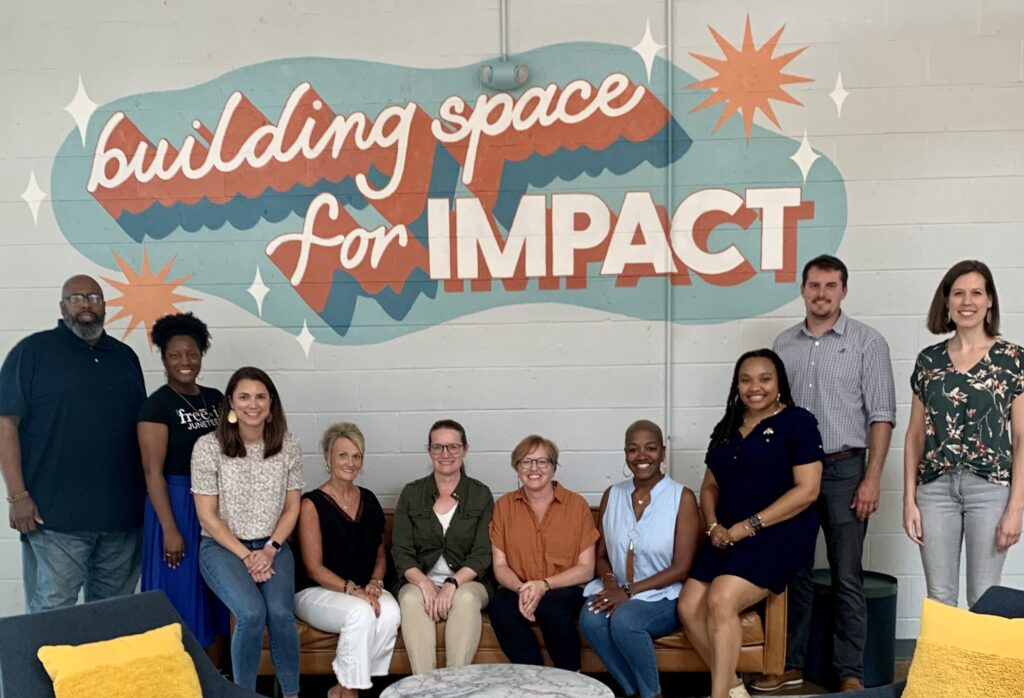
Our team of trauma-informed trainers and coaches brings a total of over 120 years of combined experience leading trauma-informed practices in the education setting or other clinical settings. We are a team made up of former teachers and school administrators, social workers, a child clinical psychologist, researchers, and trauma-informed clinicians, many with advanced degrees in related fields. The most special thing about our team though is the family feel we have with one another that we hope to help foster with the school teams in which we work.
NC Center for Resilience & Learning Senior Program Consultant
Director, NC Center for Resilience & Learning
NC Center for Resilience & Learning Program Consultant
NC Center for Resilience & Learning Program Consultant
NC Center for Resilience & Learning Program Manager
Evaluation & Research partner with the NC Center for Resilience & Learning
NC Center for Resilience & Learning Program Consultant
NC Center for Resilience & Learning Program Manager
NC Center for Resilience & Learning Western NC Program Manager

